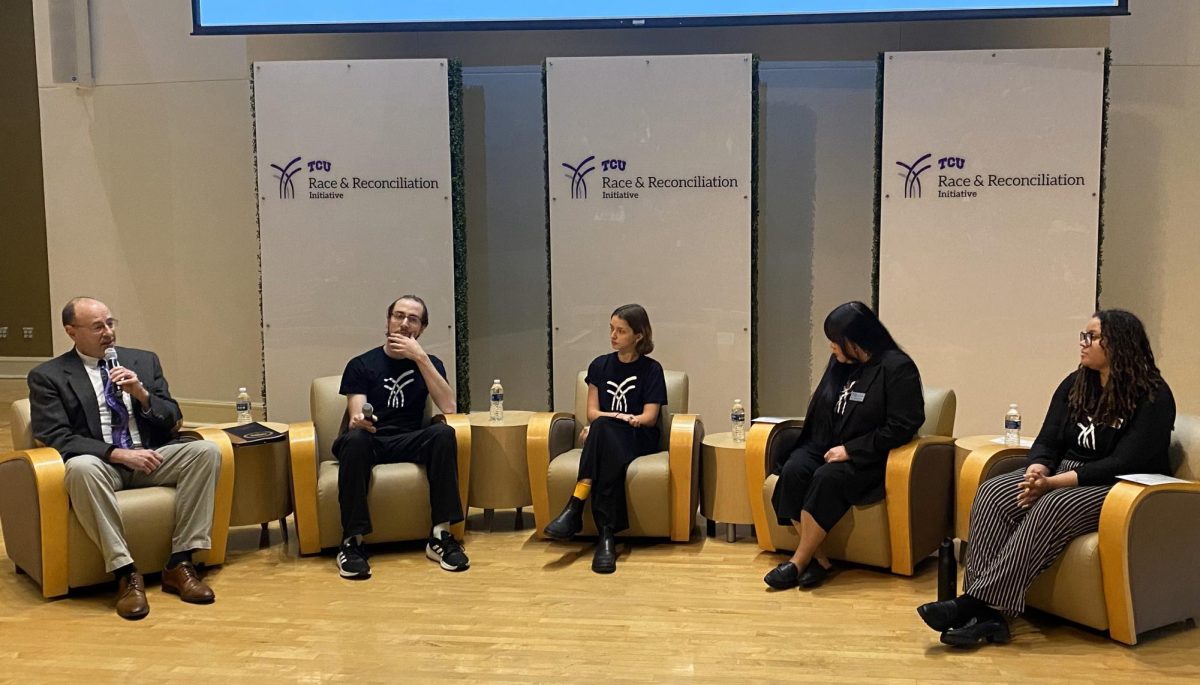Read more:
Morgan Blunk’s column from Image magazine ![]()
Morgan Blunk: Image column intended to be satire, not serious commentary ![]()
Image magazine editorial staff: Magazine contains more than opinion columns ![]()
Letter to the editor: Column pushes outdated generalizations of women ![]() By now, most of the student population has read or is aware of the recent article in Image Magazine about the perpetual race to the altar.
By now, most of the student population has read or is aware of the recent article in Image Magazine about the perpetual race to the altar.
What is most surprising to me, however, is the response the article has generated among male and female students.
I will make it a point here not to attack the author of the piece. After all, this is a university environment where everyone should be free to express his or her opinions.
Yet, the substance of the article, or lack thereof, has drawn contention among the student body and also touched on some issues that rarely receive their due at this institution.
Putting on hold for a moment the larger issues about womanhood and sexuality, we must question the larger class issues at hand.
Coming to college to find a mate is not a new concept, but to that end, it is an antiquated one.
Particularly on a campus where the females outnumber the males, it is difficult to understand the point, but the larger issue to me is one of class.
Most TCU students rarely think of their social class – it’s one of the benefits that come with privilege. Others cannot help but hyperventilate at the thought of their culminating student loans. If $125,000 is the going rate for finding a husband, I would venture to say we are overpaying, given the statistics on divorce.
But if the goal of the women on this campus is to educate themselves and find a community where knowledge is valued, the cost of the degree is not what matters, but its substance.
Considering TCU’s highly rated business school, perhaps women business majors are not “overachievers.” The author owes her education and her ability to attend an institution of higher education to the feminists who came before her, as much as she desires to be unaffiliated with them.
The author’s overarching argument rests on the idea that women belong in the home and should desire to stay there.
In a time where women are closer to parity than they have been in the past, it is harmful to revert to nostalgia of a time where the sole role of women was to be homemakers and choice was not an option.
The fact that women have a choice to work in or outside of the home is a testament to feminism and to the work feminists, both male and female, have done, and we must not overlook our history. Narcotizing oneself with the idea that homemaking is the preferred culmination of four years of college undermines the structure and purpose of this institution and all who have, are and will receive a degree from it. It also compromises the dignity of the women who choose to work at home.
The author’s premise, that women exist to find a man to take care of, is inaccurate and embarrassing, not only because it excludes a vast human population who are not sexually attracted to the opposite sex, but also because it pulls from the grave the idea that women are not fully human.
JoHannah Hamilton is a senior anthropology major from Burleson and a coordinator for the TCU Women’s Network.




